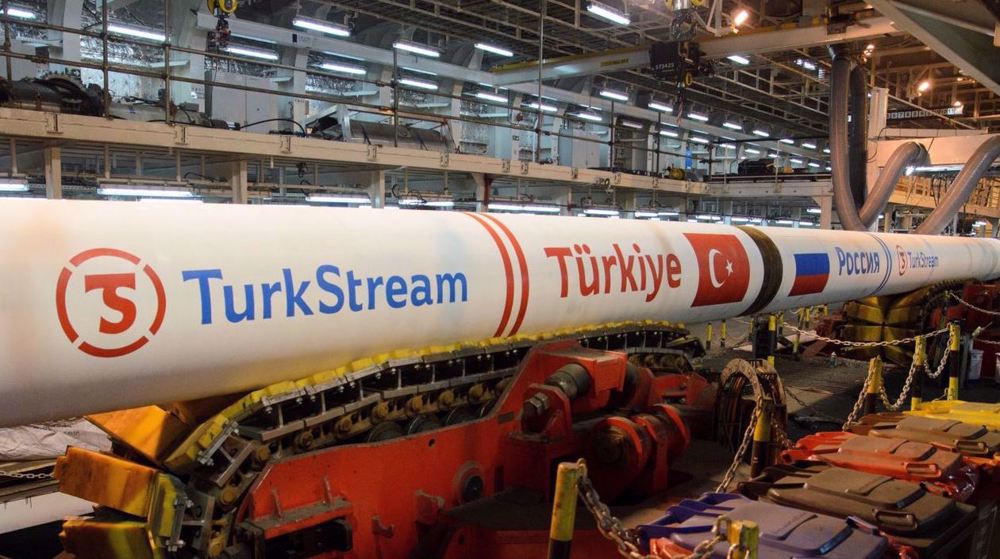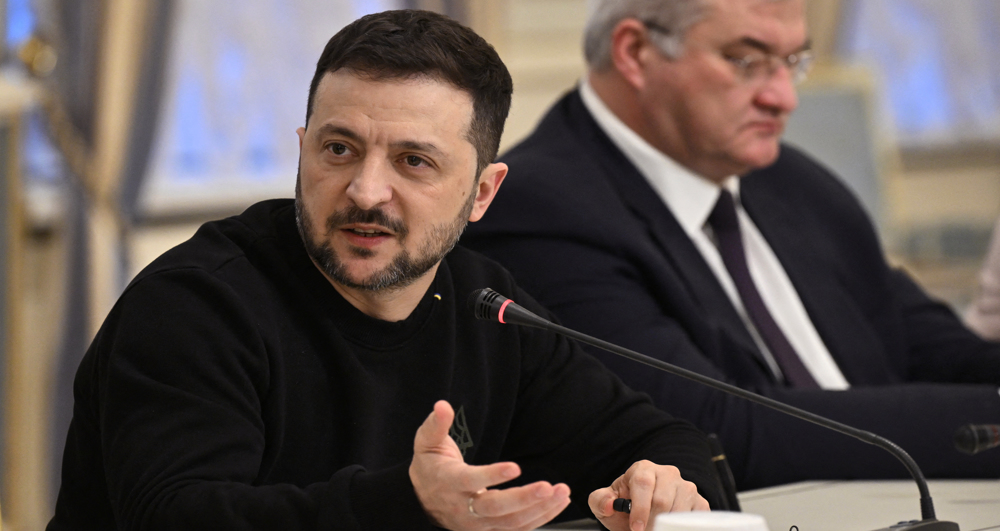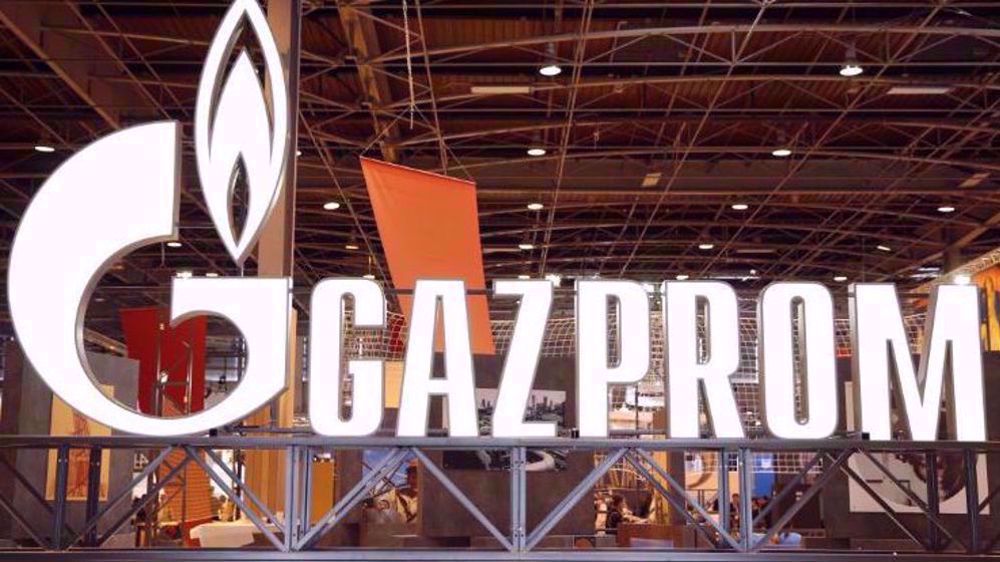Any US decision to send arms to Ukraine hinders peace talks: Russia
Russia has warned that a possible US decision to funnel lethal weapons to Ukraine would set back peace efforts and fuel Ukraine’s persistent civil war.
Kremlin spokesman Dmitry Peskov made the remarks in a press conference on Tuesday, in an apparent reference to comments by newly-appointed US special envoy on Ukraine, Kurt Volker, who said that Washington was mulling over shipping “defensive” armaments to Kiev.
Kremlin’s response came shortly after Volker’s interview with the BBC released earlier in the day.
"We have already said more than once that any action which escalates tension ... and further aggravates the already complicated situation will only move us further and further away from the moment of settling this internal issue of Ukraine,” Peskov said, trying to refute Volker’s claim that the possible shipment of weapons to Ukraine would not be “provocative.”
Ukraine launched an all-out offensive against the Donbass region, including Donetsk and Luhansk restive cities, in 2014 after its pro-Russian residents sought to join the Russian Federation, leading to a protracted conflict which has claimed the lives of some 10,000 people. While Russia has refused to annex the region, it has warned of military action if Ukraine attempted to suppress the ethnic Russian-speaking people in the Donbass region.
The government in Kiev and pro-Russian forces signed a ceasefire agreement in the Belarusian capital, Minsk, in September 2014. They agreed on 12 points, including pulling back heavy weapons, releasing prisoners, setting up a buffer zone on the Russia-Ukraine border, and allowing access to international observers.
The warring sides also inked another truce deal, dubbed Minsk II, in February 2015 under the supervision of Germany, France and Russia. Since then, however, both parties have on numerous occasions accused each other of breaking the cessation of hostilities.

On July 18, self-proclaimed leader of the so-called Donetsk People’s Republic (DPR) Alexander Zakharchenko further complicated the already intricate situation in the east of the country when he announced the creation of a new state in the region, called Malorossiya, or Little Russia, which not only includes the areas the pro-Russians control but also the rest of the country.
The name is a remnant of an era when the regions, including the whole Ukraine, were part of the Russian Empire.
On Monday, French President Emmanuel Macron, German Chancellor Angela Merkel, Ukrainian President Petro Poroshenko and Russian President Vladimir Putin held a four-way two-hour telephone conversation on the latest developments in Ukraine’s mainly Russian-speaking regions, particularly Donbass, vowing to push ahead with a peace plan to end the deadly conflict in eastern Ukraine.
Read more:
“The French president and German chancellor said such declarations are inexcusable, as are actions against the territorial integrity of Ukraine, including the creation of Malorossiya,” Interfax reported.
The US and its allies in Europe blame Russian for the uprising in Donetsk and Lugansk but Moscow denies allegations of providing funds and weapons to pro-Russian forces, but insists that it would intervene militarily if Kiev tries to suppress the ethnic Russian population in the industrial region.
Retaliation rages: Yemeni missile strikes Israeli war ministry in Tel Aviv
VIDEO | Italian TV show exposes close links between Israeli lobby, EU institutions
VIDEO | Captured NATO vehicles featured near Russian museum
VIDEO | Thrift 4 Gaza: A new form of activism
Millions of Shia Muslims celebrate Imam Ali’s birth anniversary worldwide
Striking Israeli from the ‘shadows’: US daily says Hamas is being commanded by a ‘new leader’
Israeli general threatened with arrest for treating Palestinian as ‘human animals’
Iran’s daily gas use hits new high of 874 mcm














 This makes it easy to access the Press TV website
This makes it easy to access the Press TV website